
Plants & Farm StoriesJul 26, 2023
The Regenerative Organic Farmer’s Perspective
Our farmers are the stewards of our land, and we’re immensely grateful for all they do! In honor of National
Farmer Appreciation Day, we’re giving you a glimpse into the regenerative organic farmer’s perspective.
Learn what it’s like to work on our farm, get tips for your garden and see how you can support the movement.
Why Our Farmers Care
Herb Pharm has always valued organic farming methods but being Regenerative Organic Certified® holds us
to a new standard. We asked two of our farmers, Matt Dybala (Director of Agricultural Operations) and Mark Disharoon
(Farm Supervisor), “What does regenerative organic farming mean to you?”
Mark shared, “To me, it's a higher level of accountability than just being Certified Organic. You’re
talking about worker fairness, living wages and soil health.”
Matt shared, “Regenerative farming practices target solutions to the climate and ecological crisis that
are directly linked to the current industrial farming model and global supply chain. This deeply aligns
with my ethics as a lifelong organic farmer and naturalist.”
Life as A Regenerative Organic Farmer
We strive to make sure our farmers feel appreciated for the work they do. The farm worker fairness pillar
for a Regenerative Organic
Certified® farm requires Herb Pharm to pay living wages, limit the number of weekly
hours worked, and provide a safe and accessible channel for communicating feedback to management for
every farm worker.
Matt also shared, “The certification requires an auditor to interview every farm worker annually. [They]
audit how our workers are doing and make sure their voices are heard.” This annual audit includes
disclosure of our farm’s hiring, payroll, and safety records along with the personal interviews between
our farmers and a third-party specialist.”
Beyond worker fairness, life as a regenerative organic farmer also involves new equipment. Something
exciting our farmers have acquired is a no-till seed drill. According to Mark, it’s allowed them to
“plant a rotation of cover crops directly following a production crop without any soil disturbance. Part
of putting these practices in place is saving us a little labor time and making our job slightly easier
when it comes to getting our cover crops in.”
![Our plants have] healthier root systems…and many herbs display healthier shoot growth since this transition. - Matt D.](https://cdn.shopify.com/s/files/1/0550/5649/8731/files/DIG_Farmer-Appreciation_AUG-2023_blog-img-3.png?v=1690385292)
Impacting Plant Growth & Harvest Yields
As we implement more beneficial methods to care for our soil through composting, using cover crops, crop
rotation and biodiversity, we have noticed a difference in the health of our plants. Matt shared, “In
2019, we began building our soil biology through a commitment to incorporating compost between each crop
rotation, including diversifying our cover crop mixes as well. This is also coupled with reducing
compaction and soil disturbance in our fields. This has resulted in healthier root systems in our crops
and many herbs also display healthier shoot growth since this transition.”
"Reduction of off-farm inputs and recycling of on-farm biomass is one of several benchmark standards in
the soil health pillar of regenerative organic certification. We used to purchase pallets of bagged soil
amendments, and now we are building soil fertility through compost and cover cropping on our farm. Our
compost is derived from on-farm biomass waste, pressed herbs after extraction from our certified organic
processing facility and manure sourced from a local, organic dairy.”
Tips For Farmers & Gardeners
For the farmers and/or gardeners who are interested in methods that benefit the Earth,
instead of harm it, our farmers have provided some helpful suggestions. Mark says, “Don’t use chemical
herbicides. Start small, it’s very easy to put some of these regenerative practices in place if you're
just working with a small 100 sq ft garden. You can put cover crops in and set your garden up like
you're growing in one half of it during one season, and then you’ve got a cover crop down that whole
season, and then you just flip flop back and forth.”
Mark also shared, “Mulch in your pathways and on your beds, helps to reduce moisture loss. You don’t have
to water as much because it helps the soil retain moisture. Also, saving your food scraps and lawn
clippings, if you have a lawn and mow it, and making your own compost.”
Additionally, Matt wants our readers to know that “synthetic fertilizers, chemical herbicides and
pesticides only offer short-term solutions. Farmers and gardeners should seek a better understanding of
soil, plant and insect biology to increase diversity and bring balance back into farming and gardening
systems over the long term.”
How You Can Get Involved
As a Regenerative Organic Certified ® farm, we focus on soil health, farm worker fairness and native
habitat restoration. You can support these farming practices by buying from Regenerative Organic
Certified® farms and brands. You can find a full list of Regenerative Organic Certified® companies here.
Interested in hearing more from our farmers? Follow us on Facebook or Instagram and we’ll let you know every time a new Farm
Stories blog post is out.















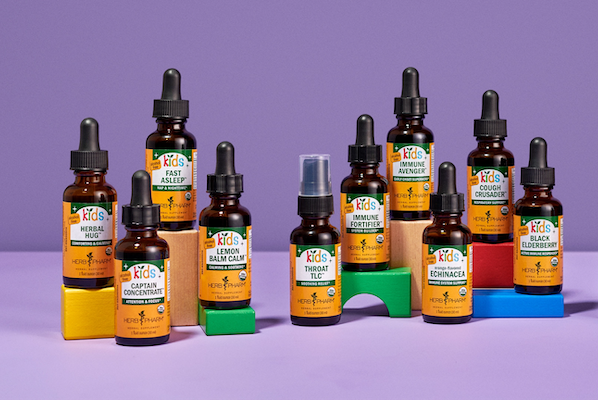

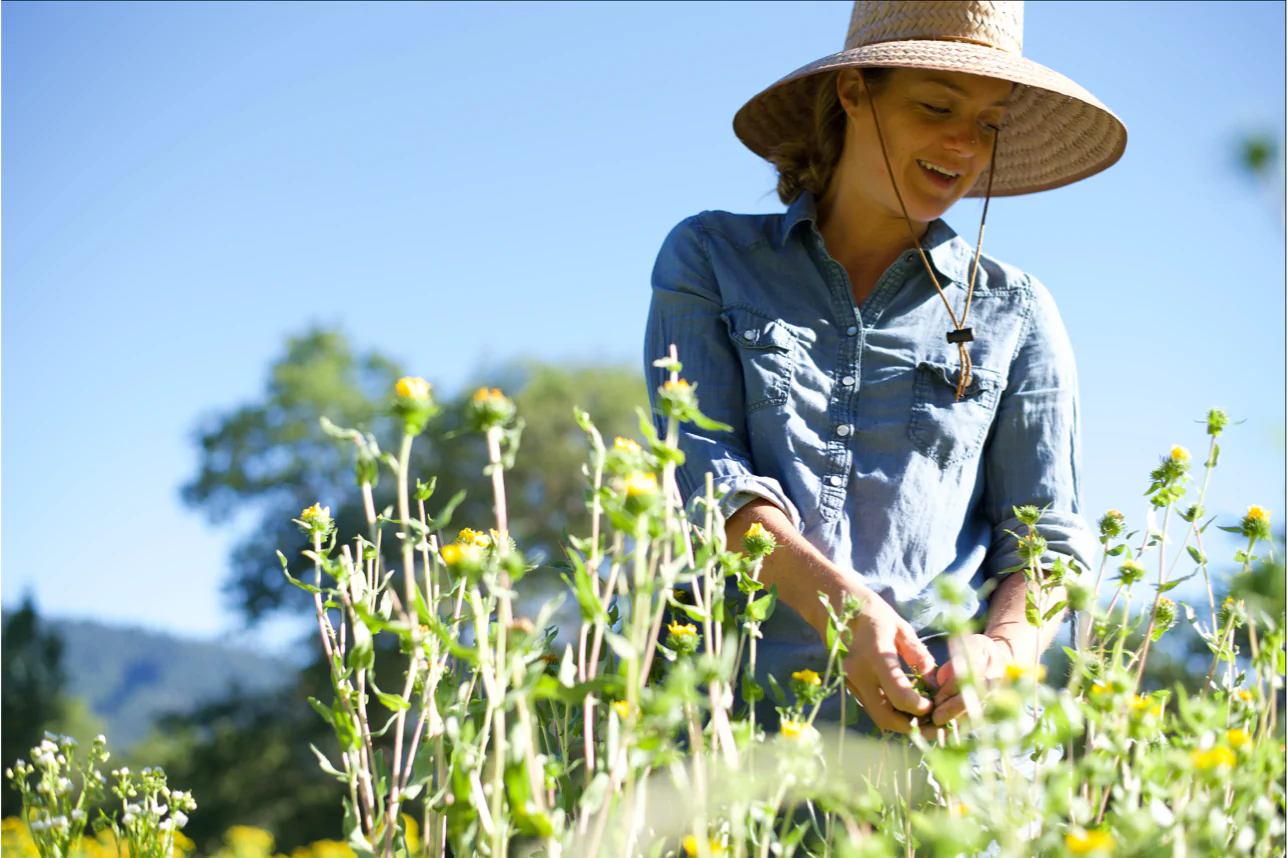

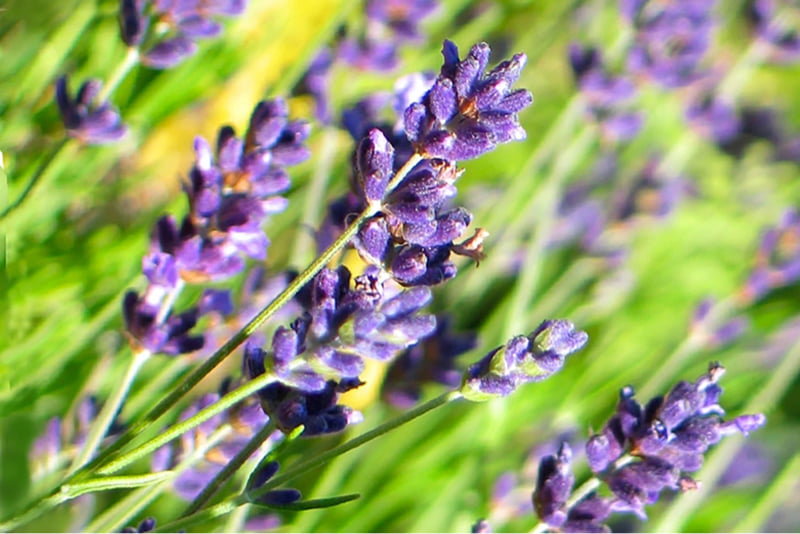

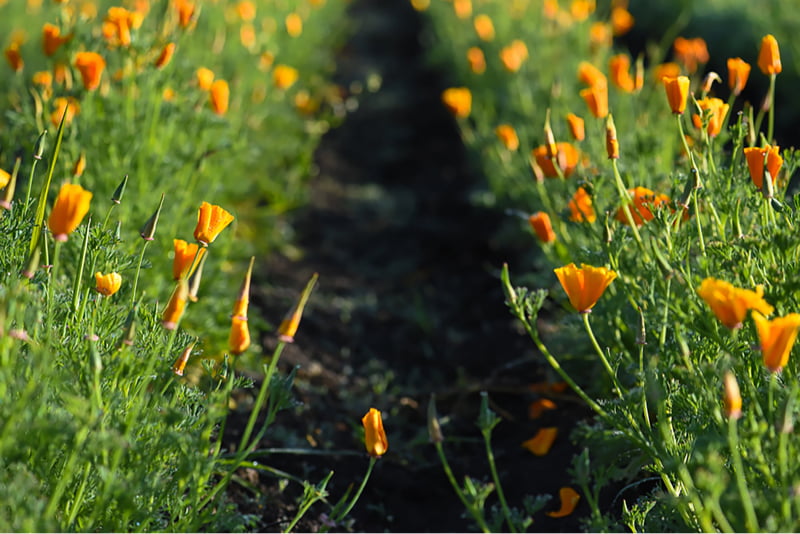
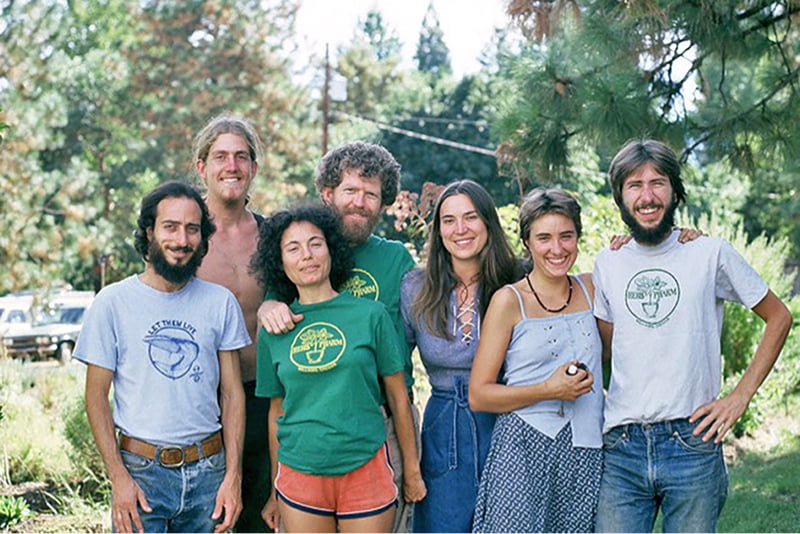
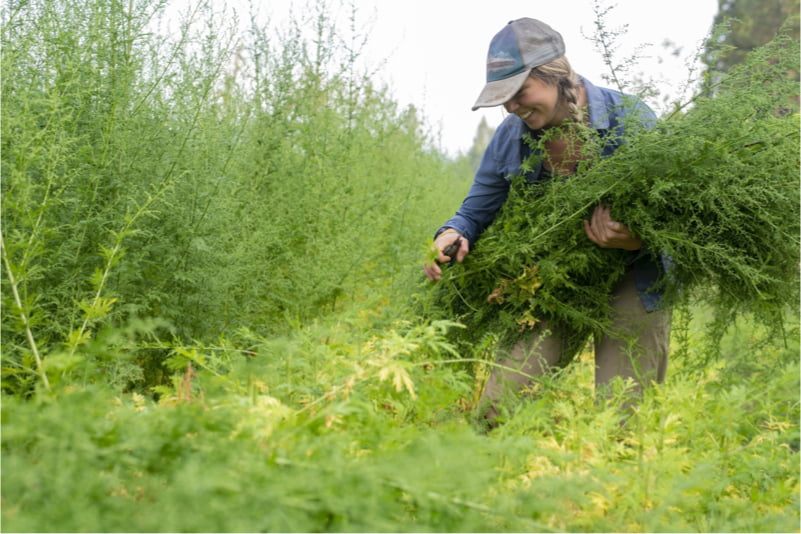

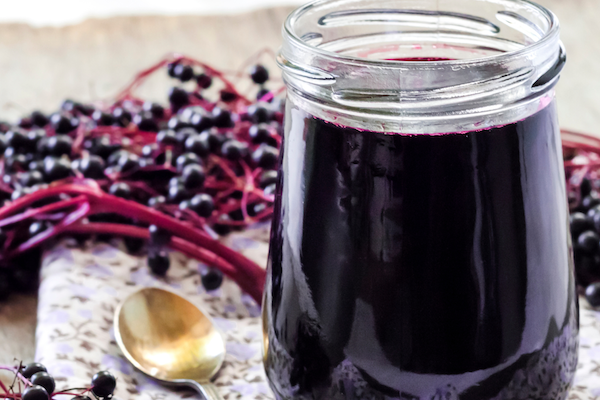





![[These practices] save us a little labor time and make our job slightly easier. -Mark D](https://cdn.shopify.com/s/files/1/0550/5649/8731/files/DIG_Farmer-Appreciation_AUG-2023_blog-img-2.png?v=1690385293)
![Our plants have] healthier root systems…and many herbs display healthier shoot growth since this transition. - Matt D.](https://cdn.shopify.com/s/files/1/0550/5649/8731/files/DIG_Farmer-Appreciation_AUG-2023_blog-img-3.png?v=1690385292)




